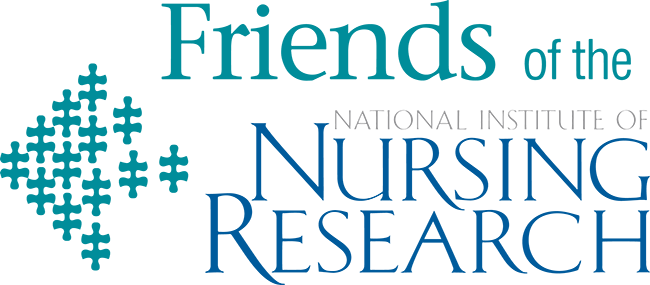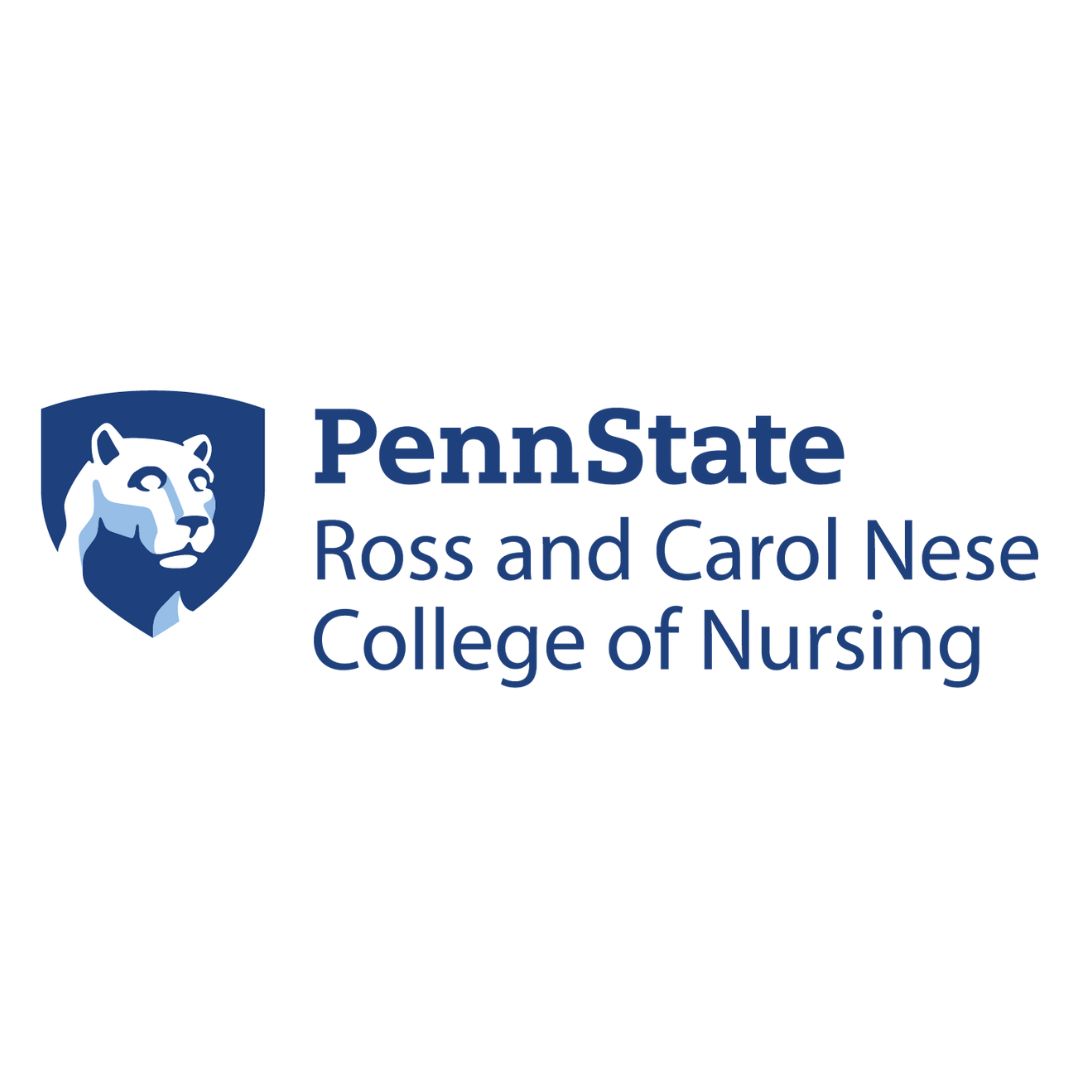 Jean Davis, PhD, RN, FAAN
Jean Davis, PhD, RN, FAAN
University of South Carolina
What advice would you give your younger self?
Learn to say "no" to those things that aren't important to you.
Where is your favorite vacation spot?
Coronado Island, San Diego, CA
What made you want to pursue a career in nursing?
During high school, I worked as a nurse's assistant at a VA Hospital. I was so impressed with the nurses who worked there - their caring ways, their level of competence and confidence, and their calm demeanor. They introduced me to a noble profession and were role models for the person I aspired to become.
What book should every nurse read?
Tuesdays with Morrie by Mitch Albom
What has been your most interesting/surprising outcome while conducting nursing research?
I conduct sleep research and study the disrupted sleep of vulnerable populations and test non-pharmacological interventions to improve sleep. Many of my studies have involved women as they truly suffer from sleep deprivation and are an understudied population. I have been incredibly surprised by their notably high degree of eagerness to participate in my research studies and the ease of recruiting them. They consistently and independently tell me how important it is to them personally to have the opportunity to contribute to helping other women who have similar issues.
What is a fun fact many people may not know about you?
My father was a head football coach. At the age of 8 years old, he taught me how to scout other football teams. I scouted football games with and for him until I was 16.
About Jean
Dr. Davis received a BS in nursing from Michigan State University; a MS in nursing as a clinical nurse specialist from Hunter College, the City University of New York; and a PhD in clinical nursing research with a major in physiology from the University of Arizona. Dr. Davis’ research program focuses on the study of sleep and circadian rhythm disruption in vulnerable populations and the effects of nonpharmacological interventions to improve sleep. Vulnerable populations studied include postmenopausal women, women with breast cancer undergoing chemotherapy, women with Alzheimer’s dementia, patients with cardiac disease receiving left ventricular assist devices, young adults with asthma, women who are obese, and homeless women. Nonpharmacological interventions studied include exercise, therapeutic bright light, yoga, and cognitive behavioral therapy for insomnia.










